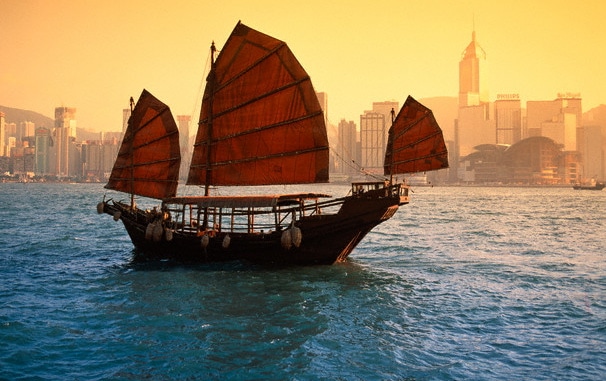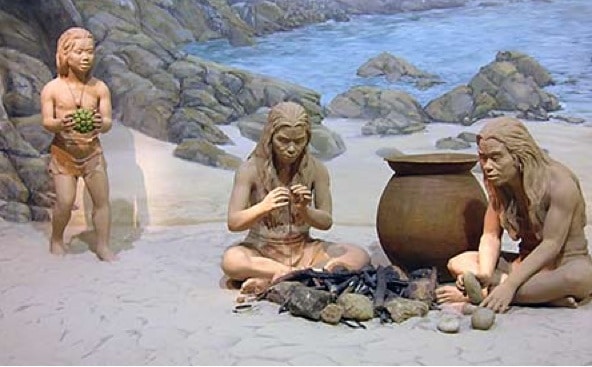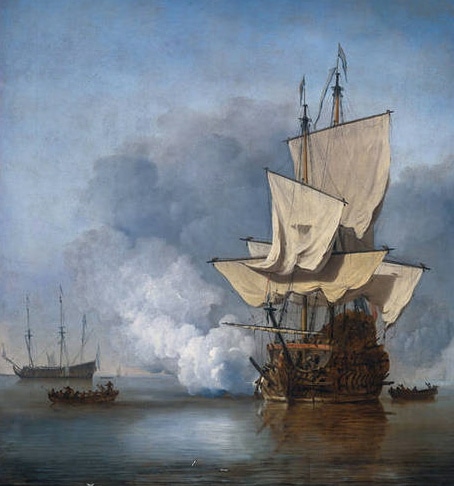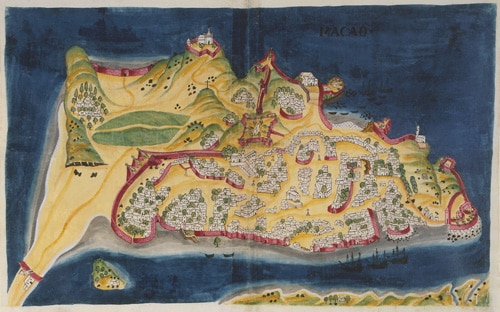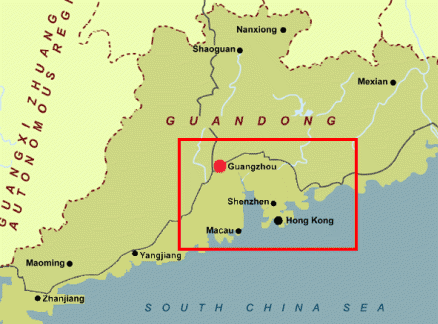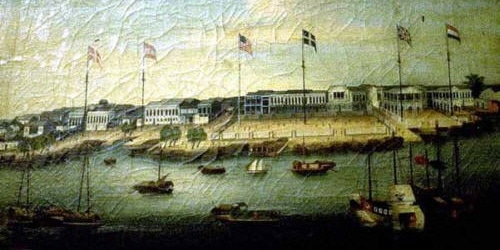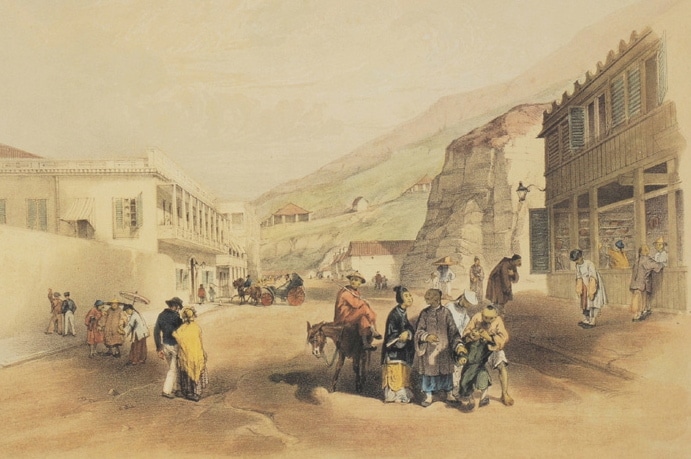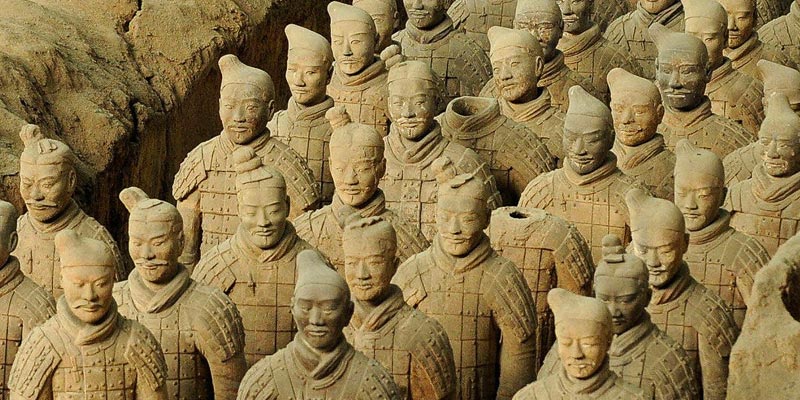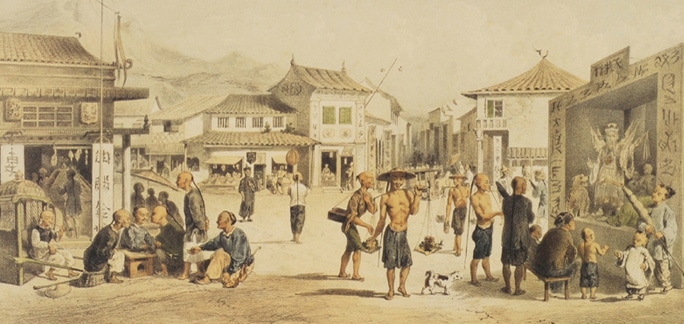You probably know that Hong Kong owes its founding to British merchants and their Indian opium (I hope anyway). But what happened exactly? Why the isolated island of Hong Kong? How did HK evolve into a major center of international finance and industry over the last 170 years? Anywho why are Hong Kongers today obsessed with money and brand names?
China Mike’s Hong Kong History for Dummies: A non-boring timeline.
FIRST, SOME BORING EARLY HISTORY…
Circa 4000 BC: The first stone-age settlements are established on the south China coast. Archeological studies have uncovered stone tools, pottery and other artifacts.
Bronze appeared in the second millennium BC and weapons and tools like axes and fishhooks were found.
EARLY SETTLERS
Increasing numbers of Chinese settled in the area during the Qin Dynasty (221-206BC) and the Han Dynasty (206BC-220AD). Coins from the Han period have been found and Han relics were also unearthed in a brick tomb discovered in 1955 in Kowloon.
Tang Dynasty (618-907): China trading ships from India, Arabia and Persia used Hong Kong’s sheltered harbors as anchorage while acquiring silks and porcelain from ports along China’s east coast and Pearl River Delta.
Song Dynasty (960-1279): The Cantonese Punti people (meaning “locals”) began moving into the present-day Hong Kong territory from the southern part of mainland China. They were followed by the seafaring Hoklo from Fujian province, farther north along the coast and the Hakka, originally from northern China
EUROPEANS SHIPS ARRIVE
To understand commercial and materialist character of modern-day Hong Kongers, it helps to understand nature of foreign trade in China before 1842 and circumstances around the birth of Hong Kong.
Early 16th century: European ships began arriving along China’s southern coast. Driven by trade, the Portuguese were among the first to hit the scene.
1557: Regular trade between China and Europe begins when the Portuguese establishes a trade post and settlement in Macau in 1557 (65km west of Hong Kong).
Dutch traders arrive in the wake of the Portuguese, followed by the French.
1685: Emperor Kangxi allows limited trade in Canton (today’s Guangzhou). British ships (British East India Company) arrive from India, and are among the first to establish a warehouse/factory in Canton. Trade develops slowly but surely.
1757-1842: THE CANTON SYSTEM
Hoping to contain the “barbarians”, the Chinese government imposes tough restrictions on foreign traders.
Under the terms of the Canton System, all foreign trade in china (except Russian) was limited to the port of Canton. Foreign traders were only allowed there during trading season (October- January) and couldn’t bring their wives ashore (families lived in Portuguese Macau).
The imperial edict decreed that only 13 hongs (trading companies) could trade at one time. Traders were not allowed direct access to Chinese retailers—all buying and selling had to be done through Chinese merchants (cohong) franchised by the Imperial Government.
It was also illegal for foreigners to learn Chinese. Local merchants were appointed by the Emperor to keep an eye on foreign traders, who had to put up with Chinese system of royalties, bribes and fees.

